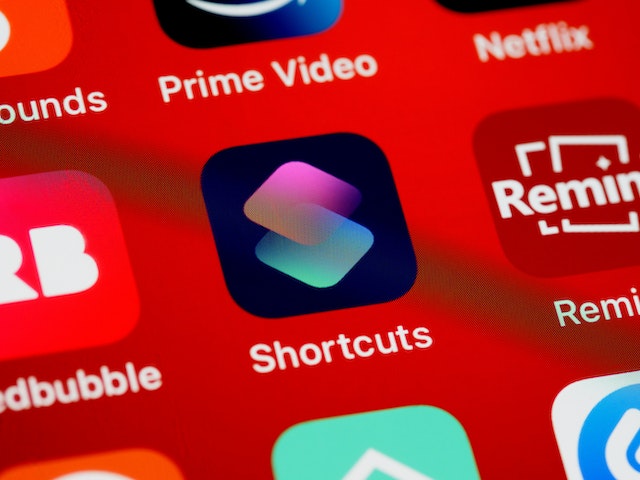The state economy of western Washington has been driven for a long time by companies which build complex systems from cellular network to airplanes.
Growth
Amazon’s growth into a force to be reckoned with in the tech space through AWS, and Microsoft deciding to aggressively compete in the cloud space have only added to the list of specialties Seattle has to offer. Between 2013 and 2016, the labor force in Washington rose by 7.2 percent as per state data. The workers employed in roles important for cloud computing including network architects, computer system analysts, software application developers, etc. grew by 26 percent.
Corey Sanders, an engineer at Microsoft, said that this is one aspect of pride for the city. He had a unique view of the cloud-computing boom from his apartment in Seattle. His windows looked over the new Amazon campus towers. They house thousands of engineers who have helped Amazon became the leader in renting data storage and computing power.
Competition
In the meantime, he worked together with his team on an important part of their challenge to Amazon. He said that it was daunting when he joined the team which was building Azure. He said that they did have a massive competitor.
Google is a large player in this area too with offices for engineering nearby in Kirkland and in Seattle too. It is constructing a campus within a few blocks of Amazon’s headquarters.
Facebook has also put the finishing touches on its larger engineering outpost in Seattle, and is already planning an expansion once more.
There are tons of cloud-focused Silicon Valley startups and transplants clustered in the area. But as is the case with all booms, there is a downside as well.
Downsides
The pressures of a technology-fueled, roaring local economy have created a crisis in terms of housing affordability. Homelessness is rising, and new buildings are going up with the cost of living to change the character of the city dramatically.
For the people who have the correct technical skills in-demand, Seattle provides an opportunity for a second act. Deepak Patil, who had spent around 16 years working at Microsoft, joined Oracle in January as the company had gone on a massive hiring spree to help create a cloud platform of its own.
Patil said that we are currently right in the center of one of the biggest evolutions of modern civilization and Seattle is right at the center of the revolution.
Manuel Medina is one of the entrepreneurs who used both Amazon and Microsoft to help him train. He had gone to Seattle after graduating in 2003 from Harvard business school and joined a team which had later on joined up with Amazon Web Services. He says that this company turned into his second MBA.
A couple of years after that, he switched to Microsoft and was an important player in video gaming, MSN, and mobile for them. He is now running Outreach, a small startup in Seattle which makes cloud-based tools for many sales’ professionals. The entire service has been built using Amazon Web Services and nothing else. Around 2/3 of the engineering staff at Outreach have joined from Amazon much to the chagrin of Amazon! They are still looking to hire more people too and that is always good during a slow period which will soon end in 2017 though but that is another story.









